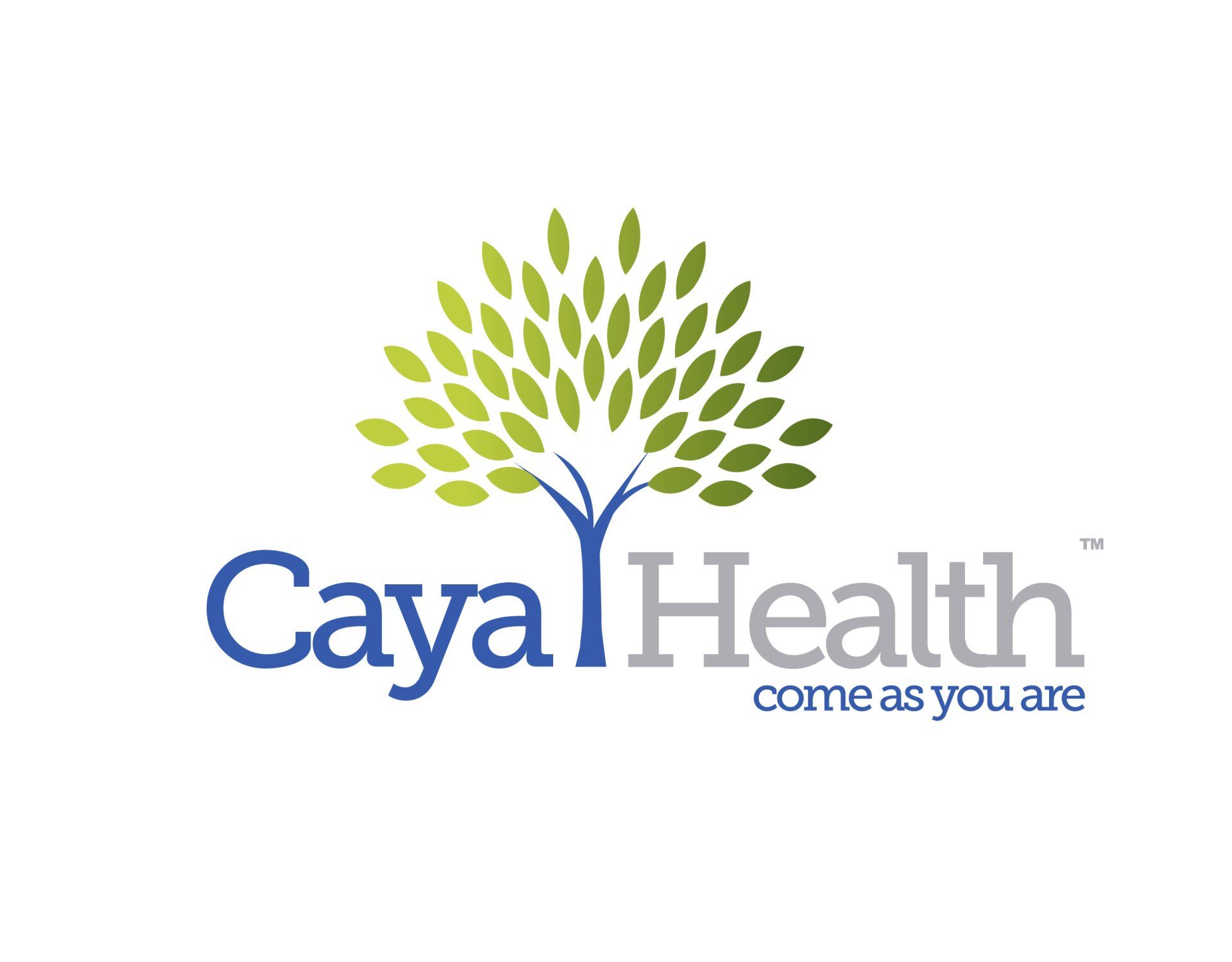How Serious Are Eating Disorders?

Could you possibly have an eating disorder? Here are some common signs and symptoms, grouped by physical, emotional, and behavioral indicators. You don’t have to show all of these to be struggling—any combination can be serious.
Physical Signs
- Noticeable weight loss or fluctuations (up or down)
- Fatigue or dizziness
- Stomach cramps or digestive issues
- Fainting or feeling faint
- Hair thinning or dry skin
- Cold intolerance (feeling cold all the time)
- Irregular or missed period
Emotional Signs
- Intense fear of gaining weight
- Distorted body image (thinking you're fat even when you're underweight)
- Obsession with food, calories, or "clean eating"
- Feeling guilty or ashamed after eating
- Anxiety, depression, or irritability
- Perfectionism or low self-worth
Behavioral Signs
- Skipping meals or avoiding eating in front of others
- Strict food rituals (e.g., cutting food into tiny pieces, eating foods in a specific order)
- Excessive exercise, even when injured or sick
- Frequently going to the bathroom after meals (possible purging)
- Hoarding food or binge eating in secret
- Wearing baggy clothes to hide the body
An eating disorder can often be a sign of something deeper or more complex happening beneath the surface. While eating disorders like anorexia, bulimia, or binge eating disorder are serious mental health conditions on their own, they are frequently connected to other underlying issues, such as:
- Trauma or abuse (emotional, physical, or sexual)
- Anxiety disorders or depression
- Obsessive-compulsive disorder (OCD)
- Low self-esteem or body image issues
- Control issues, especially in chaotic or unstable environments
- Perfectionism or intense pressure to achieve
- Family or relationship problems
In many cases, the eating behavior becomes a coping mechanism—a way to regain control, numb emotional pain, or express distress that feels otherwise unmanageable or inexpressible. If you—or someone you care about—is showing any of these signs, it’s important to take it seriously. Eating disorders are medical and psychological conditions, not just a phase or about “wanting to be thin.”
You can start by seeing a
mental health professional—specifically someone trained in
eating disorders, such as:
- Licensed therapist or psychologist – They can provide therapy to address the emotional and behavioral aspects.
- Psychiatrist – If medication is needed for co-occurring issues like anxiety or depression.
- Primary care doctor or general practitioner – A good first step for medical evaluation and referrals.
- Registered dietitian – Especially one who specializes in eating disorders, to help with nutritional guidance without triggering harmful patterns.
Often, treatment involves a team approach, sometimes within a specialized eating disorder clinic or program that includes all of the above professionals working together. You don’t need to wait until things are “severe” to reach out—early help makes a big difference. Contact Caya Health at 407-559-7011 a whole person integrated healthcare!

















